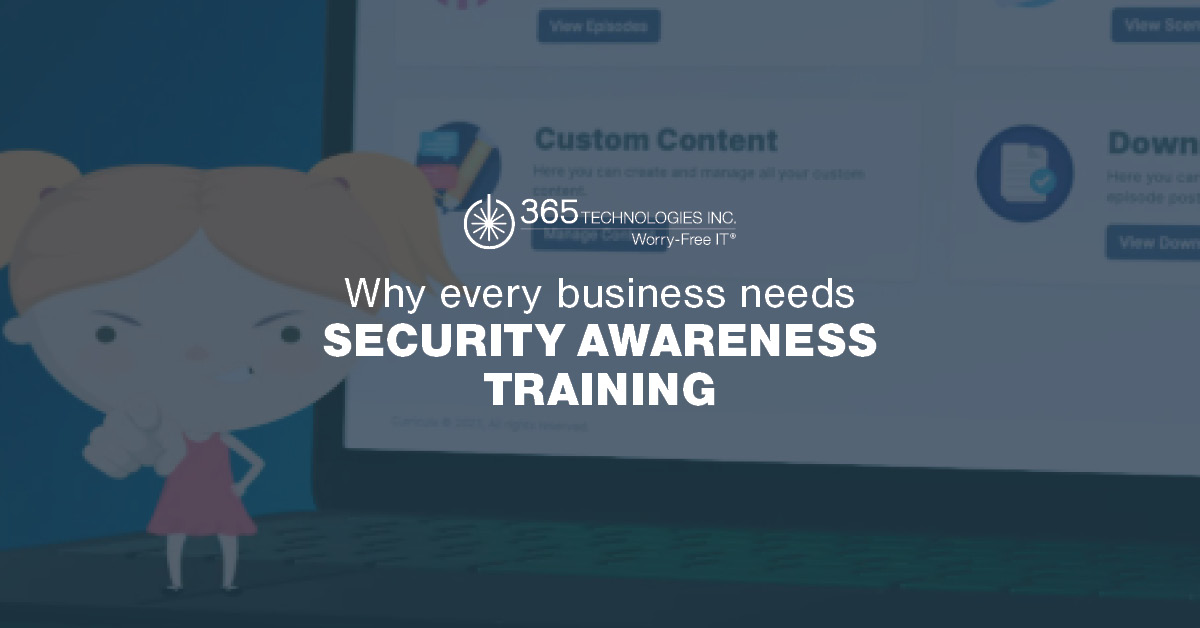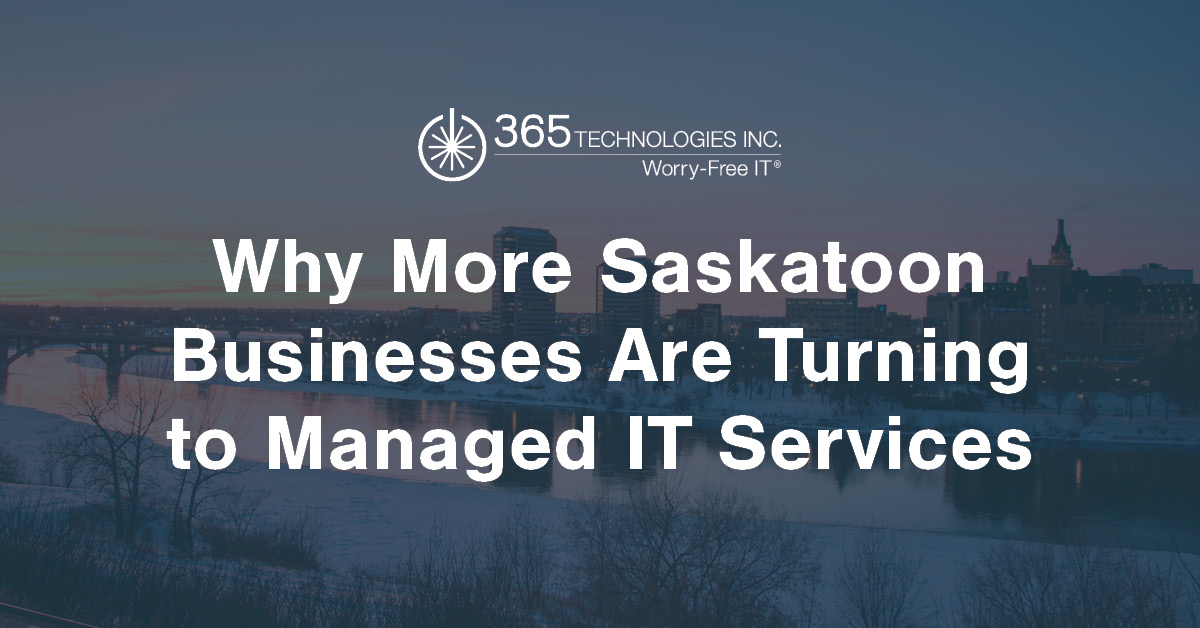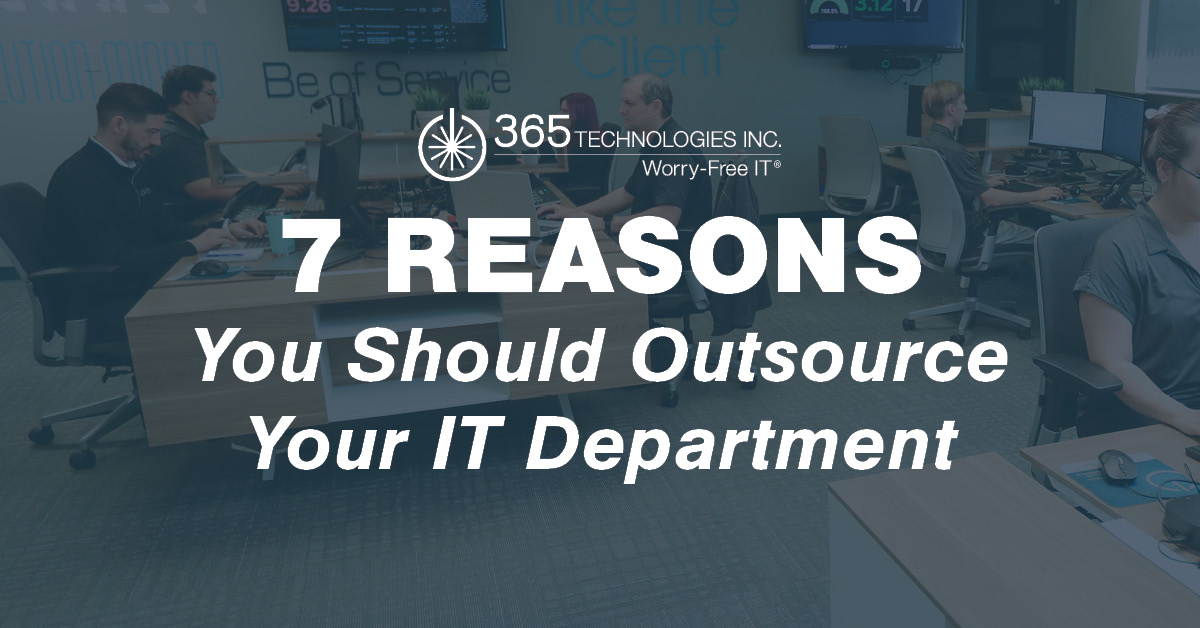365 Technologies: Blog
IT Services as a Commodity
“What’s your hourly rate?”
It’s a question that we get asked frequently as we meet with business owners. We understand – people want to know what a service costs, and need that information to properly evaluate what is being offered. Used in conjunction with other evaluation criteria, price is an important thing to know. However, when price becomes the only factor in a purchase decision, we risk reducing the product or service being considered to a commodity.
Commodities are homogenous, interchangeable goods or services – lacking differentiation. When making a commodity purchase decision, price IS the only criterion. For some companies, technology support has become a commodity. Their view of IT services sounds something like this:
“Network support companies are all basically the same. I call when there’s a problem, a technician comes out to fix it, and they charge me an hourly rate for their time.”
If this is true, then price really is the only thing to consider. However, we think there are some good reasons why IT services don’t fit into this category. Here are 3 to consider:
1. Results vary
This is the single biggest indicator that IT service is not a commodity. The results being achieved by businesses vary significantly. As we speak to businesses, we see a wide range of server health, data protection, and network uptime. Many businesses that we meet with tell us they’re doing ‘fine’, when on closer inspection there are any number of ‘ticking time bombs’ with the potential to cause major business disruptions.
2. Changing isn’t free
Unlike commodities, which are interchangeable at a low cost or no cost, changing IT service providers isn’t free. The cost of a new provider learning your network environment, re-training your users on how to get support, and undertaking the necessary security precautions are all costs incurred by you, the client.
3. Cost of failure is high
IT service providers occupy a unique trust position with their clients. Not only are they tasked with keeping the company’s key systems up and running, their administrative access gives them access to your most sensitive data. All networks support companies may ‘look’ the same, but selecting the wrong company to entrust with your business systems can have significant negative impacts for your business.
So if price isn’t the only consideration, what should companies be looking for in a technology management company? Our 5 questions to ask before the handshake is a great place to start!
This is our final blog post for 2011. From the team at 365, we wish you and your family a Merry Christmas, with health and happiness for 2012. Thanks for reading!






